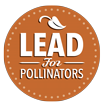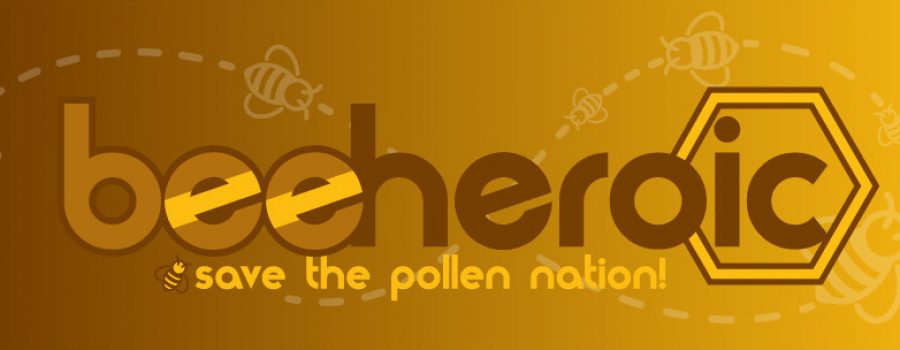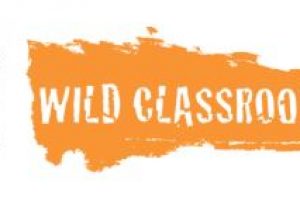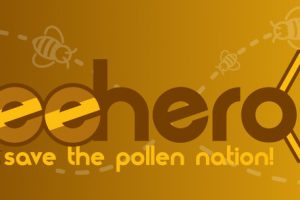by Nikki Florio, Bee Heroic Project
The great pollen nation is the scope of winged and terrestrial insects, birds, bats, small mammals, primates, lizards and other animals that are responsible for the pollination of flowering plants on Earth. And while some plants are wind pollinated, it is this range of animals that is responsible for the pollinating the bulk of the most nutrient dense foods
we eat, and flowering vegetation in ecosystems.
The Big Bite
When people think of pollinators, many people think simply of insects, and more specifically, the honey bee. Recently listed as the most important animal on Earth, the honey bee, which is both a primary pollinator and supplementary pollinator for global food economies, has earned that title. But, without the support of it’s own species (of which the honey bee is only a handful among 20,000 or so species), and the rest of the pollen nation, it simply cannot exist. People collectively eat billions of meals each day
that include fruits, vegetables nuts and other foods provided by everything from gnats, ants and beetles, to hummingbirds, bats, wasps, and a host of other animals. These nutrient dense foods are what have allowed humans – throughout history – to become healthier; developing stronger muscles, and larger brains. Without them, we simply would not be where we are today.
Bee aware. Bee proactive. Bee heroic.
Visit the Bee Heroic Project website to learn at beeheroic.com




